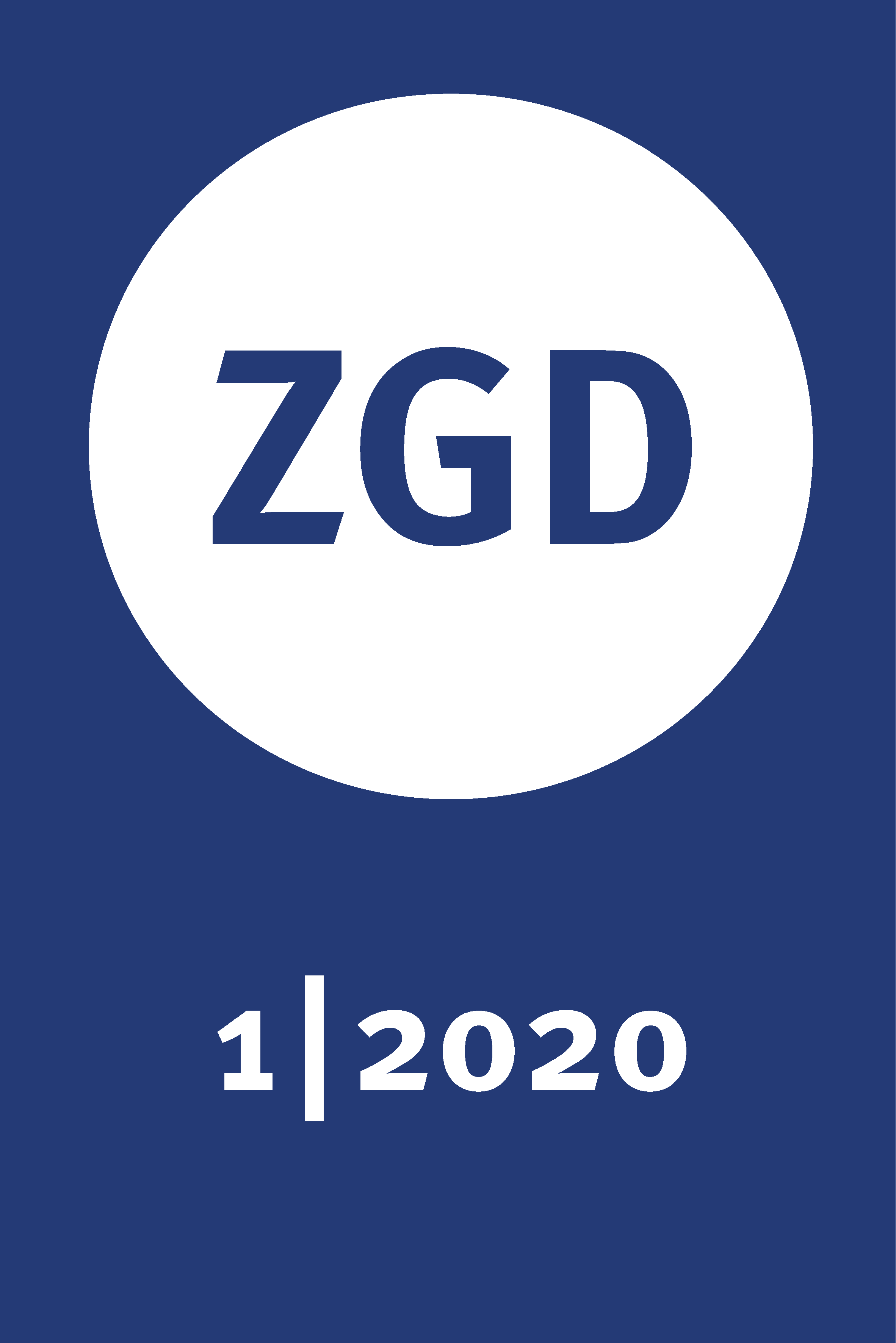Measurement and Development of Systems Thinking–Empirical Findings Regarding the Structure of System Competence and Its Promotion by Means of Analogue and Digital Models
DOI:
https://doi.org/10.18452/21389Keywords:
System Competence, Intervention Study, Test Development, Competence Structure, Soil Erosion ModelsAbstract
The challenges within the context of global climate change illustrate the relevance of system competence for evaluating complex human-environmental relations. By means of pre-post design this empirical comparison study examines the changes of the contextual systems thinking of students using (1) analogue or (2) digital soil erosion models (simulation), respectively (3) a combination of both approaches. Based on the "Freiburg heuristic competence model of systems thinking", test items are developed and validated. Confirmatory factor analyses suggest a four-dimensional competence structure. Analyses of variance reveal a significant higher mean value of system competence in the group that has experienced a combined analogue and digital intervention compared to the group with mere computer simulation.
Downloads
Published
How to Cite
Issue
Section
License
Copyright (c) 2020 Journal of Geography Education

This work is licensed under a Creative Commons Attribution-NonCommercial-NoDerivatives 4.0 International License.







